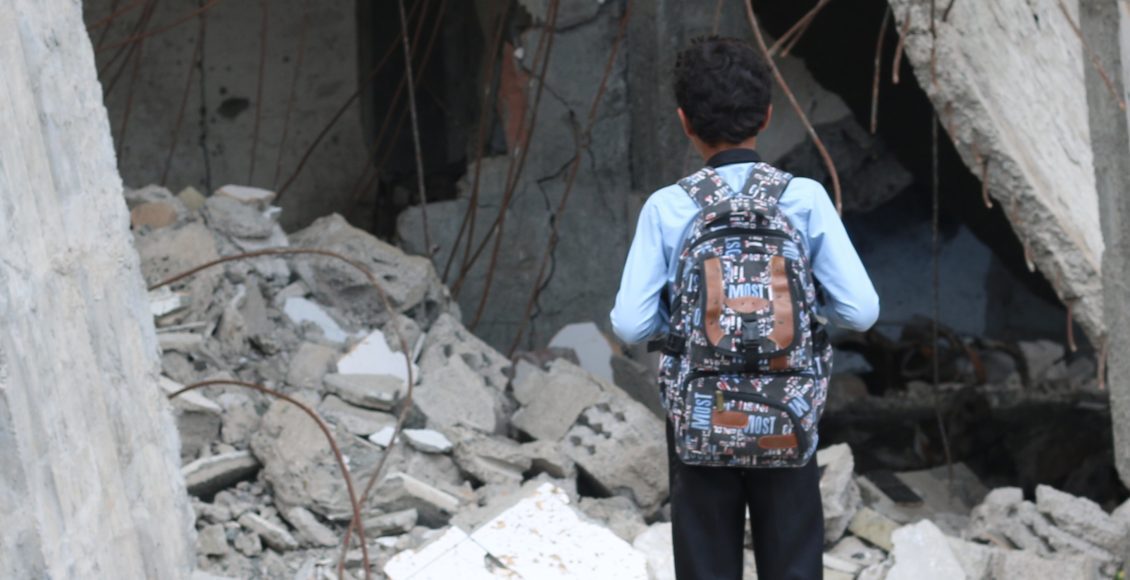
Transitional Justice in Yemen from the Perspective of Political Parties and Civil Society Organizations
Report context September 28, 2025
Exclusive | Center for Free Media for Investigative Journalism
The Center for Free Media for Investigative Journalism is issuing an in-depth report that presents the views of Yemeni political forces and civil society organizations, alongside a range of other stakeholders, on the course of transitional justice in Yemen.
The report is based on a core premise that collecting and analyzing these perspectives contributes to producing scientific and evidence-based insights that can be leveraged to design effective future mechanisms for transitional justice, accountability, and redress, thereby increasing the likelihood of successful transitional justice programs in the Yemeni context. Beyond presenting findings, the report also seeks to stimulate specialized and objective discussions that accompany the transitional process and to foster dialogue on the best ways to ensure the participation of key actors and directly affected groups in decision-making.
The report draws on consultations and qualitative interviews with leading Yemeni political parties, a sample of civil society organizations, and a selected group of victims. Data collection included 20 individual interviews with representatives of influential political forces, civil society members, and victims of the conflict, focusing on their recommendations regarding preferred mechanisms for accountability and redress within the framework of transitional justice.
These interviews resulted in the identification of a set of practical options for providing redress to victims and addressing violations committed since 2014, as well as earlier historical events spanning decades. This constitutes an important addition to the ongoing discussions led by local organizations and enriches future plans to strengthen transitional justice in Yemen in a comprehensive and sustainable manner.
Transitional justice in the Yemeni context is regarded as a strategic focal point in political and social debates, seen as a central tool for providing redress to victims, promoting national reconciliation, and consolidating state stability.
Interviews with political parties revealed a broad consensus on the importance of transitional justice as a comprehensive framework encompassing multiple tools, including reparations, truth-telling, redress and reconciliation, and guaranteeing victims’ rights—all contributing to justice and political and social stability. However, these parties emphasized that implementing a comprehensive transitional justice process under current conditions requires certain prerequisites, foremost among them: reaching a peace agreement or an inclusive political settlement as a necessary entry point, and adopting interim, actionable steps during the current phase as a bridge toward a more comprehensive process once a settlement is achieved.
📎 To access the full report in both Arabic and English, please click here
ـــــــــ
This report is part of the project “Transitional Justice from the Perspective of Political Parties” implemented by the Free Media Center for Investigative Journalism within the program Supporting Peace in Yemen through Accountability, Reconciliation and Knowledge Exchange (SPARK), funded by the DT Institute.
ــــــ

